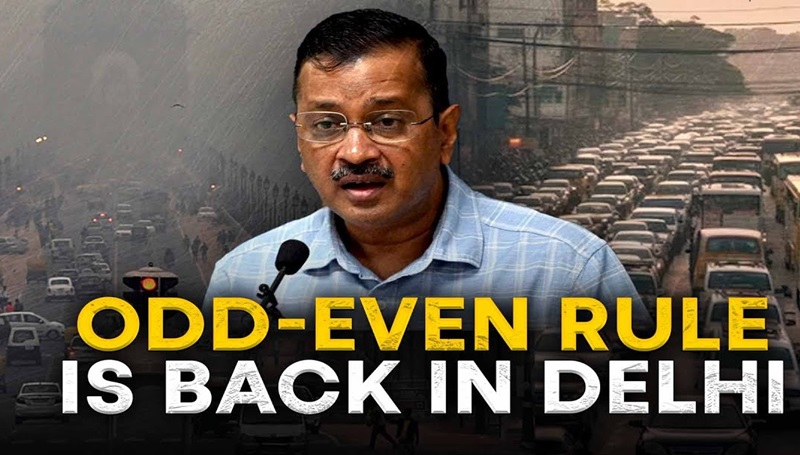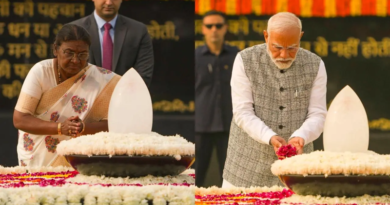Driving Change in Delhi: Unpacking the Odd-Even Rule to Combat Pollution

To address the deteriorating air quality in the national capital, the Delhi government has decided to reintroduce the odd-even vehicle rationing system. Delhi’s Environment Minister, Gopal Rai, announced that the odd-even scheme will be in effect for one week, from November 13 to November 20. The decision was reached during a high-level meeting chaired by Chief Minister Arvind Kejriwal, attended by several ministers, including Atishi and Saurabh Bhardwaj, along with relevant government officials.
The odd-even system, initially introduced by the Kejriwal-led government in 2016, restricts private vehicles from operating on alternating days based on the last digit of their license plate number. Under this scheme, vehicles with license plate numbers ending in an even digit are permitted to ply on even dates, while those with numbers ending in odd digits can operate on odd dates.
Additionally, the restrictions extend to non-transport four-wheeler vehicles registered in other states, as stated in a 2016 notification issued by the Delhi government during the scheme’s previous implementation. Violation of the odd-even rules can result in significant fines for vehicle owners.
The primary objective of the odd-even scheme is to address the severe air pollution issues that plague the national capital. It aims to reduce vehicular emissions and subsequently alleviate the harmful impact of pollution on public health and the environment






https://www.tellern.com Telegram应用是开源的,Telegram下载的程序支持可重现的构建。Telegram同时适用于以下环境:Android安卓端,iPhone 和 iPad及MacOS的Apple端,Windows/Mac/Linux桌面版
I’ve recently started a web site, the info you offer on this site has helped me greatly. Thanks for all of your time & work.
Este site é realmente fabuloso. Sempre que acesso eu encontro coisas boas Você também vai querer acessar o nosso site e saber mais detalhes! Conteúdo exclusivo. Venha descobrir mais agora! 🙂
Adorei este site. Pra saber mais detalhes acesse o site e descubra mais. Todas as informações contidas são informações relevantes e exclusivos. Tudo que você precisa saber está está lá.